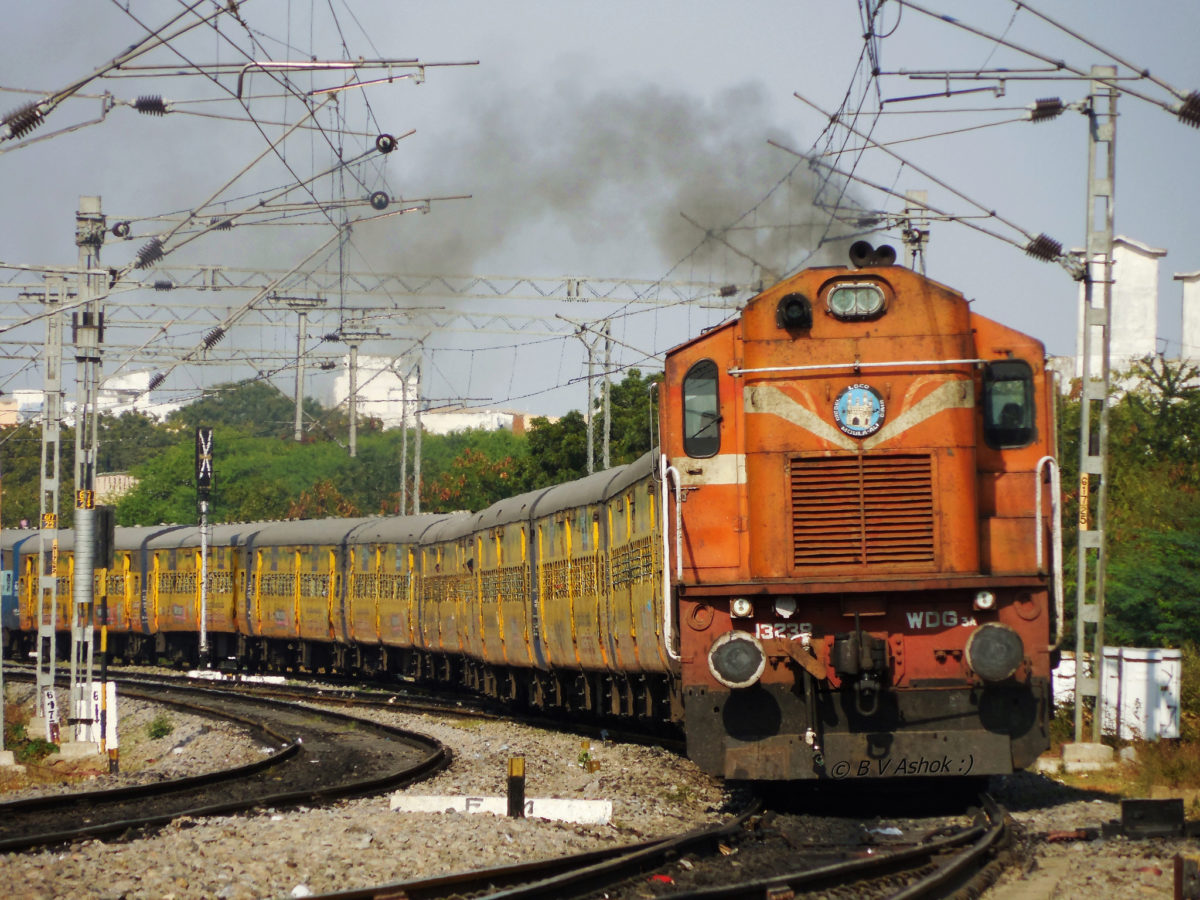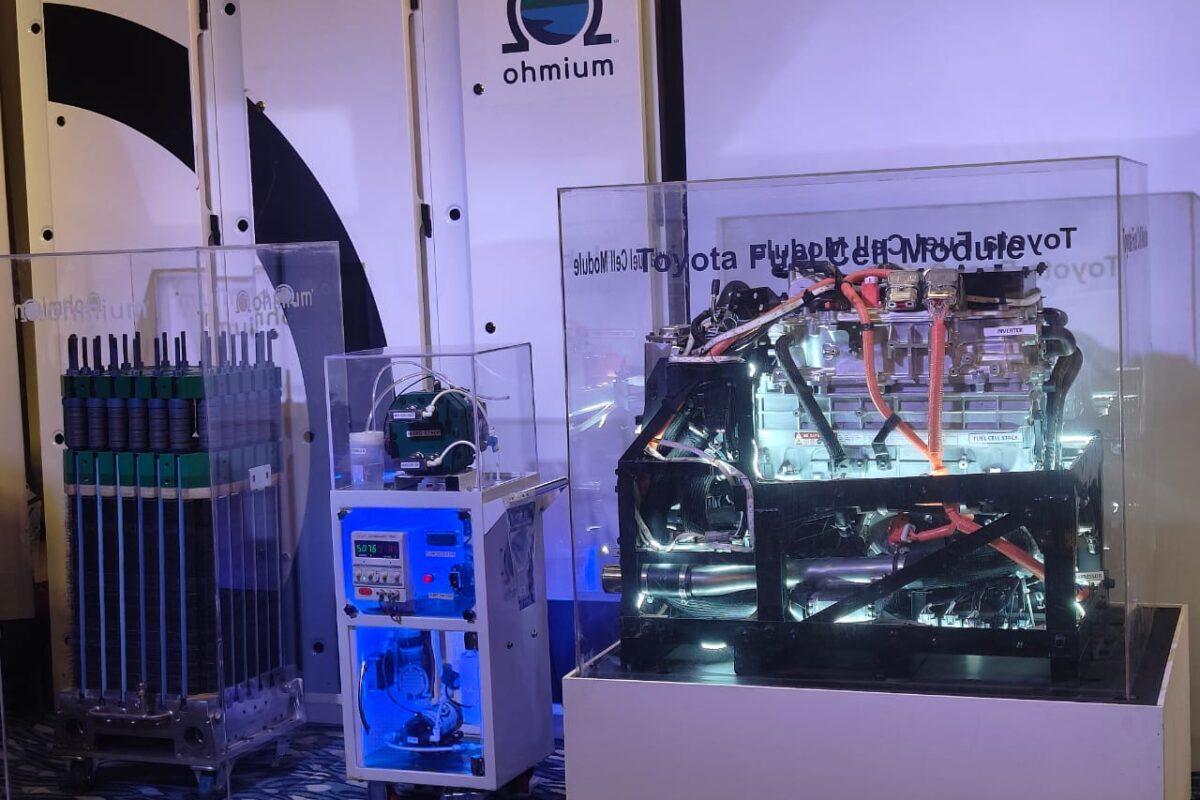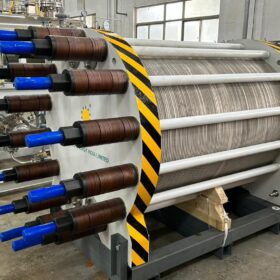Indian Railways plans to source about 1 GW of solar power, with 500 MW from rooftop solar and another 500 MW from ground-mount solar plants. Rooftop solar plants atop Railway buildings will meet power requirements of non-traction loads at Railway Stations, etc, whereas land-based solar plants will be used to meet both traction and non-traction requirements.
South Central Railway is one of the zones leading in energy conservation by installing solar panels at stations, service buildings, level crossing gates, etc.
“For the first time all the stations in a particular section of the South Central Railway have been provided with solar panels at one stretch to tap the natural energy. This will not only help in meeting power needs of all the stations in the section but also save expenditure for the Railways”—read a statement by Ministry of Railways.
The Nandyal-Yerraguntla section in Guntakal Division has been declared as the first solar section in South Central Railway which has all of its eight stations fully powered by solar power. The stations are equipped with 37 KWp off-grid roof top solar plants using 250/125 Wp solar panels—along with inverters and 12V 150 AH battery banks—to power the total connected load of on an average 30 KWp.
In total, 152 solar panels have been installed at these stations. Anticipated savings in terms of revenue is around Rs 500,000 per annum. Significantly, it also helps in reducing carbon footprint to the tune of 49 metric tonnes per annum.
Among all zones of Indian Railways, 16 stations have already been declared Green, which are meeting their electricity needs completely either through solar or wind power. These include Roha, Pen, Apta in Central Railway; Niamatpur halt, Kanhaipur halt, Teka Bigha halt, Mai halt, Garsanda halt, Niyazipur halt, Dhamaraghat in East Central Railway; Shri Mata Vaisno Devi, Shimla in Northern Railway; Unhel, Khanderi, Bajud, Ambli Road, Sadanapura and Sachin in Western Railway.
This content is protected by copyright and may not be reused. If you want to cooperate with us and would like to reuse some of our content, please contact: editors@pv-magazine.com.









8 comments
By submitting this form you agree to pv magazine using your data for the purposes of publishing your comment.
Your personal data will only be disclosed or otherwise transmitted to third parties for the purposes of spam filtering or if this is necessary for technical maintenance of the website. Any other transfer to third parties will not take place unless this is justified on the basis of applicable data protection regulations or if pv magazine is legally obliged to do so.
You may revoke this consent at any time with effect for the future, in which case your personal data will be deleted immediately. Otherwise, your data will be deleted if pv magazine has processed your request or the purpose of data storage is fulfilled.
Further information on data privacy can be found in our Data Protection Policy.